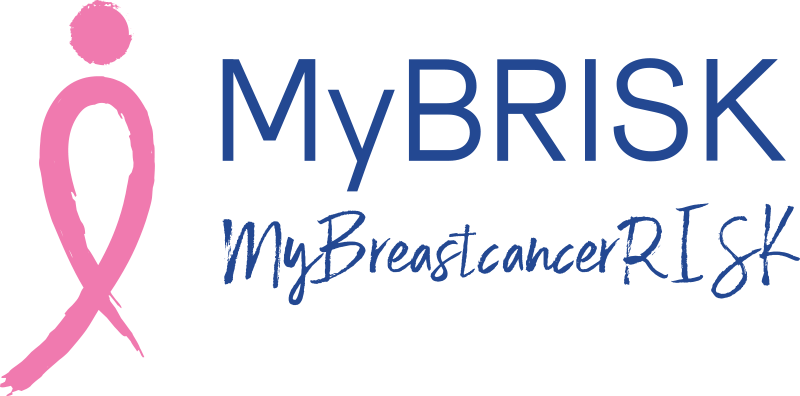MyBRISK Centre of Research Excellence congratulates the three recipients of its second round of research grants: (left to right) Professor Rik Thompson, Professor Enes Makalic, and Associate Professor Wendy Ingham.

MyBRISK CI: Professor Rik Thompson, Queensland University of Technology
Project: Improved heparinase inhibitors to reduce mammographic density to enhance mammography and/or reduce breast cancer risk
Collaborators: Konstantin Momot, Thomas Lloyd, Simone Birch, Neha Gandhi, Deirdre Coombe, Kathryn Fairfull-Smith, Larisa Haupt, Vito Ferro, Sandy Minck
Mammographic Density (MD), the amount of white seen on the mammogram, is a well-established risk factor for breast cancer and impairs the efficiency of mammography by masking mammographic features of malignancy. Our studies are directed at short term reduction in mammographic density, which we have shown can be achieved experimentally with inhibitors of the enzyme heparinase. We have designed and validated new heparinase inhibitors and will test them here for reduction of mammographic density, along with optimised chemical variants. These inhibitors could help ‘clarify’ mammograms for women with high breast density, so that breast cancers are less commonly missed.
MyBRISK CI: Associate Professor Wendy Ingham, University of Adelaide
Project: Optimising public dissemination of breast density and MyBRISK research through the InforMD website
Collaborators: Jennifer Stone, John Hopper, Erik Thompson, Kara Britt
The InforMD website provides the community with accurate information about breast density and keeps Australians up-to-date with new research as it becomes available. The website is unique as content is developed and provided by Australian scientific experts supported by community representatives who ensure the information provided is both accurate and interesting. This project will re-design and optimise the website to increase its visibility and accessibility so more Australians can learn about breast density research direct from the experts.
MyBRISK CI: Professor Enes Makalic
Project: Using AI and machine learning algorithms for region-based analyses of existing GWAS datasets to identify novel genetic risk regions for breast cancer
Collaborators: John Hopper, Karen Alpen, Miroslaw Kapuscinski, Benjamin Goudey, Shuai Li, James Dowty, John Lai, Daniel F Schmidt
Breast cancer is the most diagnosed cancer in women in Australia and the second leading cause of cancer-related death in Australian women. We will develop novel and highly accurate algorithms to estimate a woman’s risk of breast cancer. The machine learning tools to be developed will be disease agnostic and also applicable to other cancer genomics data.
We will utilise state-of-the-art machine learning techniques to discover novel genomic regions associated with the risk of breast cancer. We will incorporate these novel genomic risk regions into an accurate prediction model for breast cancer risk. Our risk prediction models will incorporate the latest information on genomic risk factors, including those derived from the latest technologies. Our novel risk prediction models are expected to be more accurate than established models, based on family history in first-degree relatives, age and established susceptibility SNPs, given our preliminary findings regarding polygenic risk scores for coronary heart disease.

